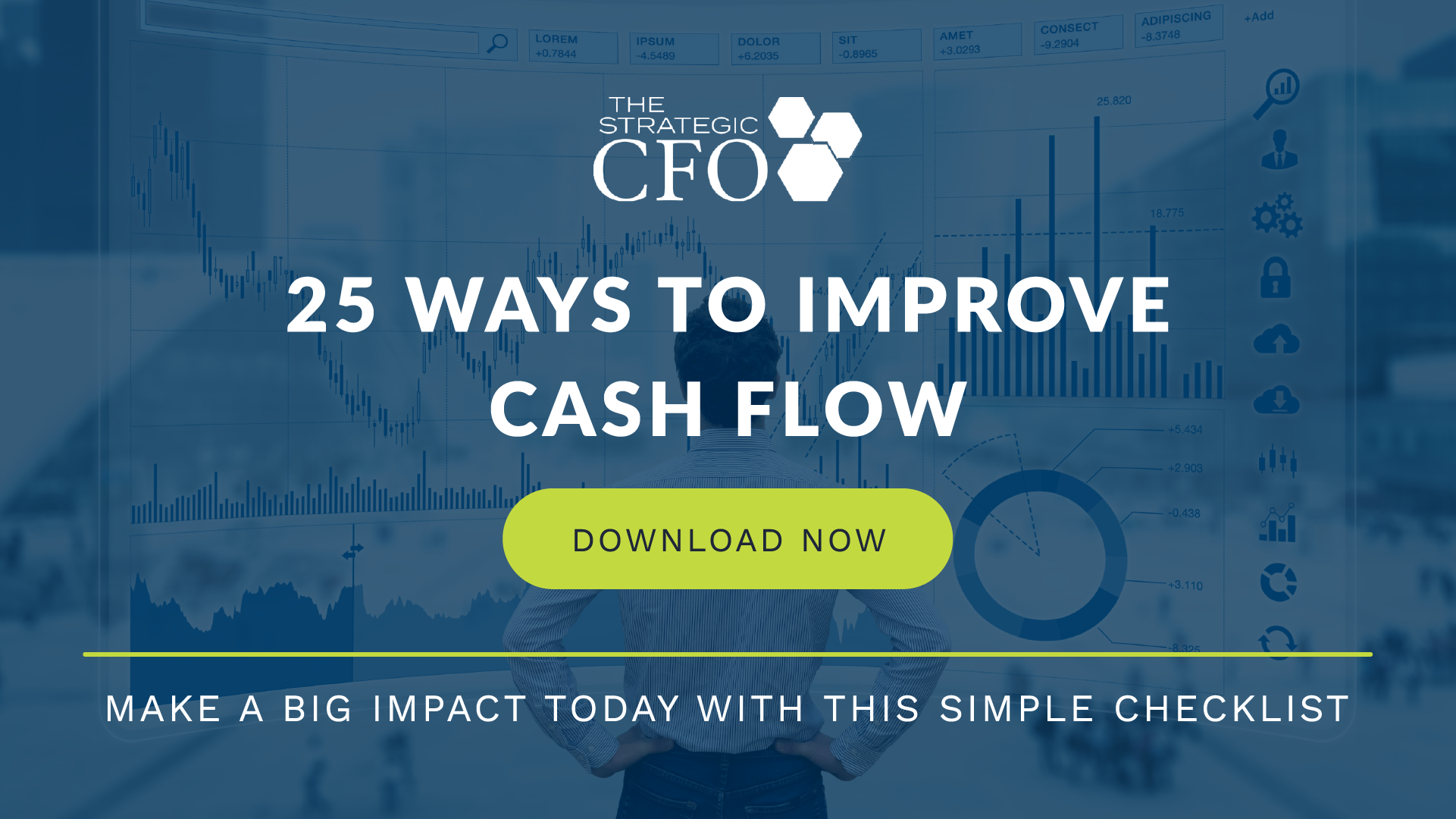See Also:
The Dilemma of Financing a Start Up Company
Lease Agreements
Operating Lease
Sale-and-Leaseback
Lease Term
Financing Lease Definition
The financing lease definition, also known as a capital lease, is a method of deferred payment. If the lessee is willing to pay the additional cost of interest, then they can use a financing lease to pay off a capital investment over time rather than all at once. Different from an operating lease, a company who uses a financing lease gains ownership of the item when the lease period is over. Generally, they have to pay a final balloon payment which is less than the fair market value of the item if it was new.
Financing Lease Explanation
A financing lease, explained simply as lease-to-own, has many benefits. First, it allows the interested party to use a deferred payment schedule on a necessary tool. This has been explained above.
Other benefits of a financing lease make it a more attractive option. To begin, the lessee may still gain the benefit of depreciation, thus saving money on taxes. This is a benefit which makes a financing lease more appealing than an operating lease. The cost of this is that a financing lease can only write off the expense of interest payments rather than principal. Insurance premiums, repair costs, and taxes are incurred by the lessee rather than the lessor. Additionally, they claim the risk of ownership on the item.
Another benefit is that this type of lease allows the purchasing party to own the item at the end of the agreement, making the lease an effective investment rather than a cost of doing business. Many financing leases allow the purchasor to receive the item whenever they want by paying off the final principal value in one lump sum.
For a financing lease accounting to run smoothly, a few standards must exist. Ownership of the item at the end of the lease term and purchase choice form the first two. Next, the length of the lease must be 3/4 the economic life of the item. Finally, the lease payments must comprise at least 90% of the cost of the item if it was purchased instead of leasing. These traits make a financing lease a unique tool for a customer who wants a tool, wants to receive vendor financing, wants to gain ownership of the item, and wants flexible terms in all of this.
Financing Lease Example
Devin has created a new soda company. Modeled after the tradition of Italian Sodas, Devin believes the US market would love to try his tasty beverage. He appears to be succeeding from his initial efforts of marketing and selling his product.
Now, Devin must expand his business. To do this, he will need a larger bottling machine. Devin wants the equipment but also wants to reserve the cash he has for expansion. He expects growth but currently, from his planning of company finances, only has so much to spend.
Devin decides on a direct financing lease with the equipment provider. Here, he can have and work towards owning the item as soon as possible. He likes the terms his vendor provides on financing, especially that he can pay off the item if he sees more success than he expected. This is known as a financing lease buyout.
In this agreement, Devin negotiates the total price, interest rate, principal and interest payment schedule, and any associated penalties and fees. Devin is able to find a great deal on the item and completes the contract. He knows that by financing the item he will pay a little more, but overall appreciates his decision. It will help create the success he has envisioned.
For more tips on how to improve cash flow, click here to access our 25 Ways to Improve Cash Flow whitepaper.













